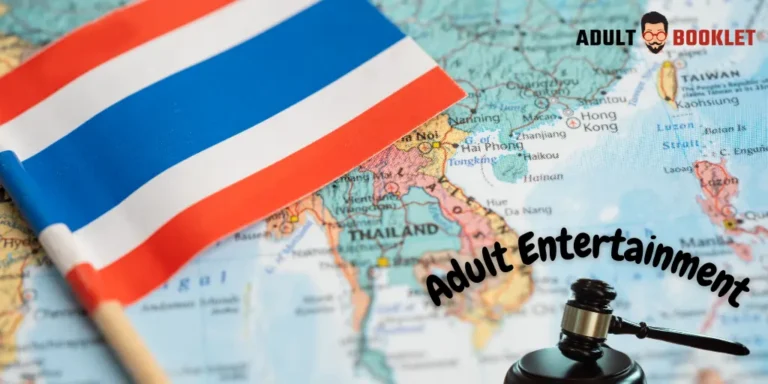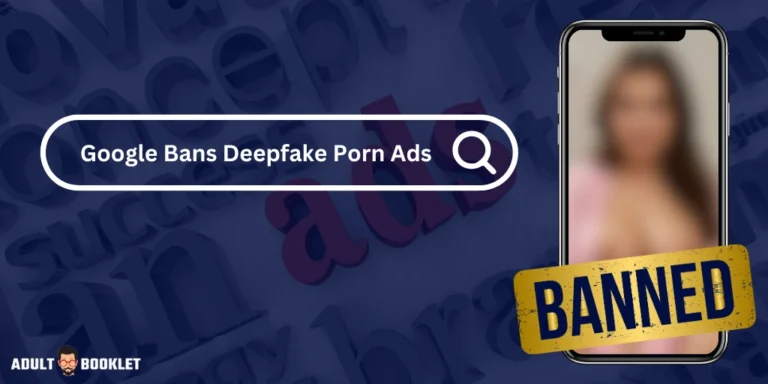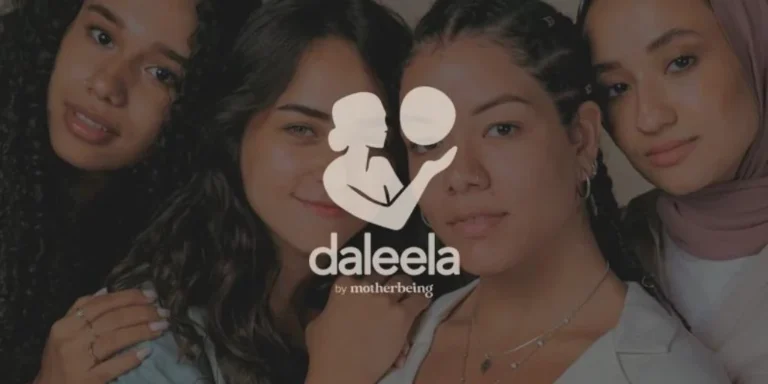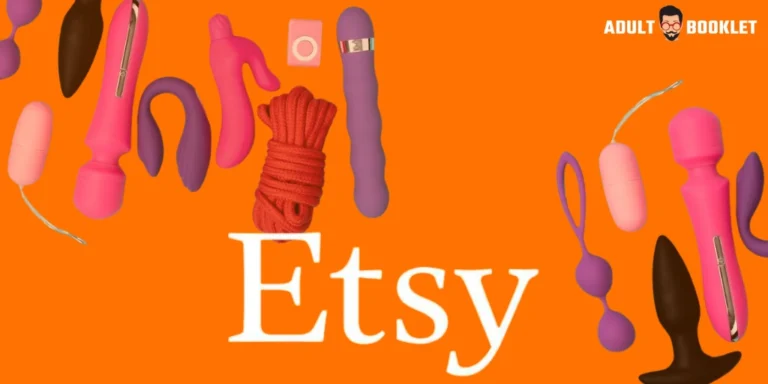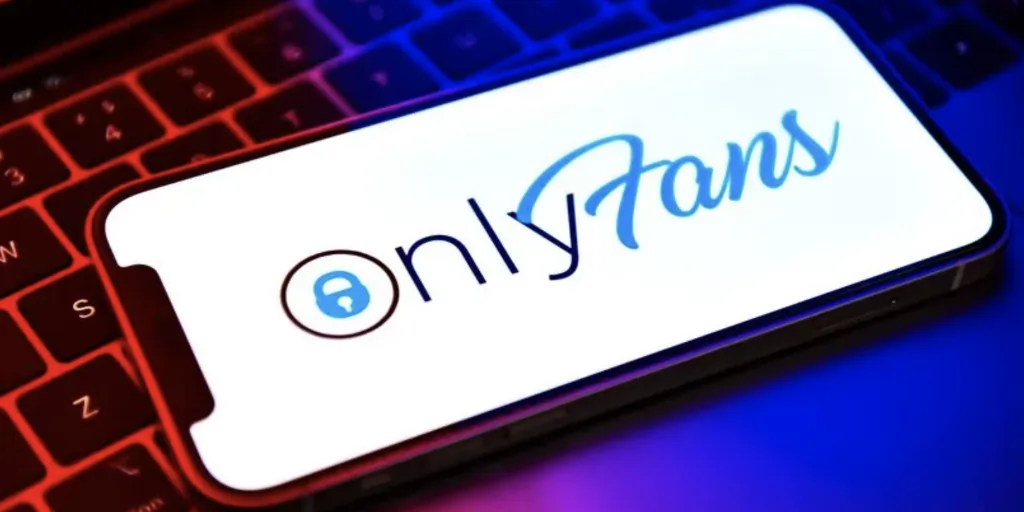
OnlyFans, the popular online platform known for its adult content, has faced growing scrutiny as allegations of rape, abuse, and betrayal have surfaced. In a disturbing trend, victims are coming forward with harrowing accounts of their intimate videos and images being shared and sold on the site without their consent.
Sammy, a young woman from Miami, vividly recalls the night of her alleged assault in a nearly empty apartment. Amidst the loud music and a sense of powerlessness, she questioned if she was being recorded upon spotting a phone during the incident. Two months later, an edited version of Sammy's alleged assault surfaced on OnlyFans, labeled as “train” sex, a term denoting multiple men engaging in intercourse with one woman. The video was promoted for profit by one of the accused perpetrators on the platform.
Sammy's case is not an isolated incident. Law enforcement agencies across the United States have received numerous complaints regarding sexual content posted on OnlyFans without consent, underscoring the platform's role in enabling such violations.
OnlyFans, launched in 2016, has attracted nearly 240 million users worldwide, offering a platform for individuals to sell explicit videos and images to subscribers for a monthly fee. While some creators have found financial success on the site, others have suffered immense distress when their intimate content was shared and sold without their permission.
“OnlyFans markets itself as a safe space for adult content creators, but the reality is far more sinister,” explained Sarah Johnson, an attorney representing several victims in lawsuits against the platform. “The site's lack of adequate moderation and verification processes has allowed for the proliferation of non-consensual pornography, leaving victims devastated and struggling to seek justice.”
Deepfake pornography is another growing problem. Using artificial intelligence, people can realistically superimpose a person's face onto explicit content without permission. OnlyFans and other sites are prime targets for deepfake creators looking to exploit celebrities and others. The legality around deepfakes remains murky.
“I reported the video to OnlyFans multiple times, but it took them weeks to take it down,” Sammy recounted. “By then, it had already been viewed and downloaded countless times. The damage was done.”
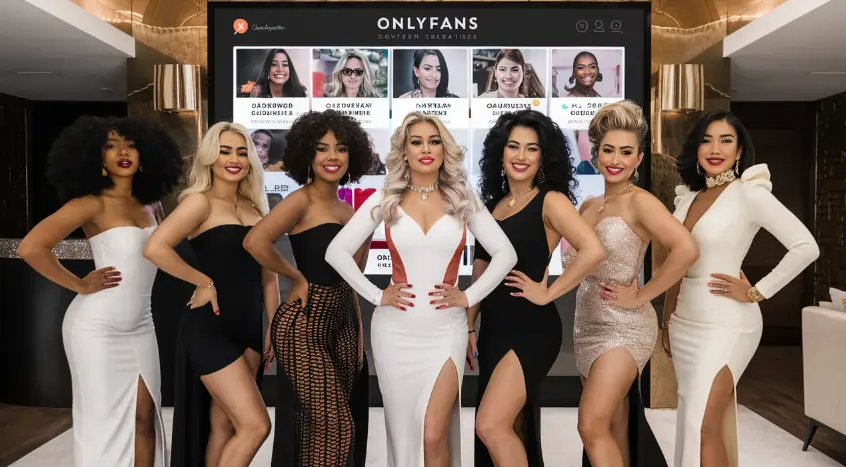
The intersection of technology and intimate relationships has reshaped how sexual content is created and shared, with platforms like OnlyFans blurring the lines between personal expression and exploitation. As legal battles unfold, victims navigate a challenging path to seek justice and reclaim control over their intimate images.
The growing number of allegations against OnlyFans has sparked calls for stronger regulations and accountability measures to protect individuals from exploitation and abuse.
Advocates argue that while OnlyFans has taken steps to improve its content moderation, more needs to be done to address the underlying issues of exploitation and lack of consent.
As the disturbing allegations against OnlyFans continue to mount, it is clear that urgent action is needed to address the dark side of the platform's porn boom. Victims like Sammy serve as a powerful reminder of the devastating impact of non-consensual pornography and the importance of holding platforms accountable for enabling such abuses.
The fight for justice and accountability in the face of exploitation and betrayal is far from over. As more victims come forward and legal battles unfold, the world is watching to see if OnlyFans will take meaningful steps to address the dark reality lurking behind its porn boom.
Other legal questions continue to emerge as OnlyFans grows. What happens if a creator passes away – who owns the rights to their content? What about underage creators lying about their age? Or subscribers sharing private content? The legal landscape is complex and still evolving.
OnlyFans maintains that it is a content neutral platform protected by Section 230 of the Communications Decency Act, which provides immunity to websites that host third-party content. But some argue the company should be held to a higher standard given the sensitive and intimate nature of much of the content it hosts.
As OnlyFans and other adult content platforms continue their rapid growth, navigating this maze of legal and ethical issues will be an ongoing challenge. The company's ability to protect and support its creators, moderate harmful content, and adapt to changing laws and norms will be critical to its long-term prospects in the fast-evolving creator economy.



